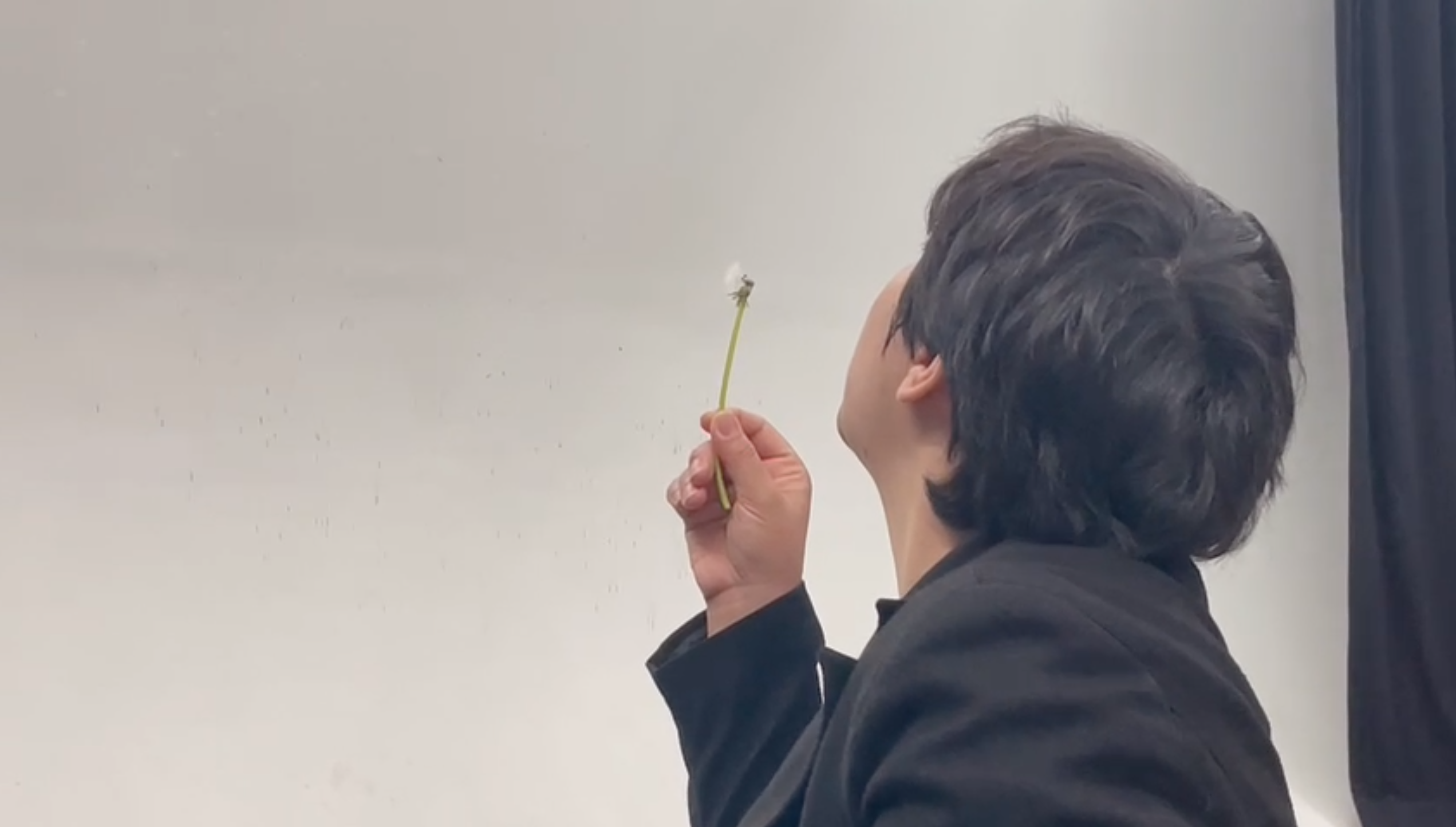Autosoziobiografisches Erzählen hat Konjunktur. Texte von Autor*innen wie Didier Eribon, Édouard Louis und Annie Ernaux verbinden die eigene, individuelle Lebensgeschichte mit größeren gesellschaftlichen und sozialen Zusammenhängen, sie verknüpfen das Persönliche mit dem Politischen und behaupten mit neuer Dringlichkeit die Relevanz von Klasse und sozialer Herkunft. Dabei hat autosoziobiografisches Erzählen nicht nur auf dem Buchmarkt Erfolg, sondern ist auch, vor allem innerhalb der Philologien und der Soziologie, zum viel diskutierten Forschungsgegenstand avanciert.
Im Anschluss hieran untersuchte unser künstlerisch-wissenschaftliches Forschungsprojekt autosoziobiografische Erzählweisen im Bereich des Films. Am Anfang unserer Auseinandersetzung standen Fragen wie: Gibt es bereits autosoziobiografische Erzählweisen im filmischen Medium, oder müssen sie erst noch ‚erfunden‘ werden? Wo im zeitgenössischen Filmschaffen und/oder in der Filmgeschichte lassen sich Anknüpfungspunkte für autosoziobiografisches Erzählen finden? Was könnten Themen, künstlerische Formen und filmische Verfahren autosoziobiografischer Filmpraktiken sein? Worin bestehen besondere Herausforderungen, worin besondere Potenziale autosoziobiografischer Erzählweisen im Film? Was vermag die Sinnlichkeit und Evidenz filmischer Bilder und Töne angesichts von Erzählweisen, die auf Überschneidungen von Ästhetik und Soziologie abzielen? Und welchen Status haben ‚Ich-Geschichten‘, die unter den konstitutiv kollaborativen Produktionsbedingungen des Filmemachens entstehen?
Unser Projekt näherte sich diesen Fragen aus unterschiedlichen Richtungen. Ein Teil unserer Projektgruppe setzte sich künstlerisch forschend mit Autosoziobiografie als Methode auseinander und arbeitete praktisch an der Entwicklung und Umsetzung filmischer Autosoziobiografien. Im Vordergrund standen zunächst methodische Überlegungen zur Generierung autosoziobiografischen Materials und im Anschluss daran Prozesse der autosoziobiografischen Selbst-Exploration sowie künstlerisch-performative Techniken der Autosozioanalyse, mit Hilfe derer eigene Erfahrungen zur (Nicht-)Reproduktion sozialer Klasse untersucht werden konnten. Konkret thematisiert wurden Fragen von Klasse und Herkunft, aber auch Familienkonstellationen, Mütter- und Väterfiguren, Erben und Erbschaften und vor allem auch die Frage, wie Migrationsgeschichten mit Erfahrungen von Klassenwechsel zusammenhängen. Basierend auf diesen Vorarbeiten entstanden im Rahmen des Projekts eine Reihe von filmischen Autosoziobiografien, die im Umfang von kurzen Skizzen und Fragmenten bis hin zum abendfüllenden Dokumentarfilm reichen.
Der andere Teil unserer Projektgruppe setzte sich aus einer kritisch-analytischen Perspektive mit autosoziobiografischen Erzählweisen im Film auseinander und bemühte sich in einer Reihe von wissenschaftlichen Vorträgen und Aufsätzen um eine konzeptionelle und historische Schärfung des Begriffs. In systematischer Hinsicht untersuchten die Beiträge, inwiefern autosoziobiografische Erzählweisen im Film sich von autobiografischen und autofiktionalen abgrenzen lassen und legten darüber hinaus einen besonderen Schwerpunkt auf die Beschreibung konkreter künstlerischer Verfahren und Inszenierungsstrategien filmischer Autosoziobiografischen, wie etwa Voiceover oder Set Design. In der Auswahl ihrer Gegenstände fokussierten die Beiträge vornehmlich autosoziobiografische Erzählweisen im Werk weiblicher Filmemacherinnen wie Agnès Varda, Céline Sciamma, Joanna Hogg, Sybille Bauer, Ji Su Kang-Gatto u.a. und ermöglichten auf diese Weise Einblicke in bislang noch wenig untersuchte Gender-Dimensionen autosoziobiogafischen Erzählens.
Das Projekt wurde durchgeführt am Institut für Film und Fernsehen / mdw – Universität für Musik und Darstellende Kunst Wien und wurde vom FWF (FWF PEEK, AR 628) gefördert.
Projektteam: Barbara Wolfram, Camilla Henrich, Elena Meilicke, Nina Kusturica, Christina Wintersteiger-Wilplinger and Claudia Walkensteiner-Preschl
Projekteinreichung verfasst von Barbara Wolfram, Nina Kusturica, Elena Meilicke, Christina Wintersteiger-Wilplinger and Claudia Walkensteiner-Preschl

Auto-sociobiographical narratives are en vogue. Texts by authors such as Didier Eribon, Édouard Louis and Annie Ernaux link their own individual life stories to larger sociological and social contexts, weaving the personal to the political and asserting the relevance of class and social background with a new urgency. Autosociobiographical narratives are not only successful on the book market, but have also become a much-discussed subject of research, especially in philology and sociology.
Following this, our artistic-scientific research project examined autosociobiographical narratives in the field of film. Our research began with questions such as: Do autosociobiographical narratives already exist in the medium of film, or do they need to be ‘invented’? Where in contemporary filmmaking and/or film history can points of reference for autosociobiographical narratives be found? What are the themes, artistic forms and cinematic processes of autosociobiographical film practices? Where lie the particular challenges and potentials of autosociobiographical narratives in film? What can the sensuality and evidence of cinematic images and sounds do in the face of narrative styles that aim to overlap aesthetics and sociology? And what is the status of ‘first-person stories’ that emerge under the constitutively collaborative production conditions of filmmaking?
Our project approached these questions from different angles. One part of our project group was artistically researching on autosociobiography as a method, and worked practically on the development and realisation of cinematic autosociobiographies. The focus was initially on methodological considerations for the generation of autosociobiographical material, followed by processes of autosociobiographical self-exploration and artistic-performative techniques of autosocioanalysis, with the help of which one’s own experiences of the (non-)reproduction of social class could be examined. Specifically, questions of class and origin were addressed, as well as family constellations, maternal and paternal figures, inheritance and legacy, and above all also the question of how migration histories are linked to experiences of class change. Based on this preliminary work, the project produced a series of cinematic autosociobiographies, ranging from short sketches and fragments to feature-length documentaries.
The other part of our project group dealt with autosociobiographical narratives in film from a critical-analytical perspective and endeavored to sharpen the conceptual and historical definition of the term in a series of academic lectures and essays. From a systematic point of view, the contributions examined the extent to which autosociobiographical narratives in film can be distinguished from autobiographical and autofictional narratives and also placed particular emphasis on the description of concrete artistic processes and staging strategies of cinematic autosociobiographies, such as voiceover or set design. In their selection of subjects, the contributions focused primarily on autosociobiographical narratives in the work of female filmmakers such as Agnès Varda, Céline Sciamma, Joanna Hogg, Sybille Bauer, Ji Su Kang-Gatto and others, thus providing insights into gender dimensions of autosociobiographical narration that have been little studied to date.